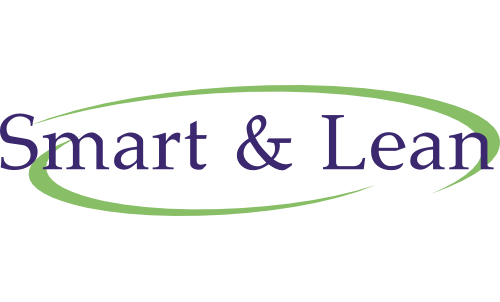Agriculture plastics pollute soil
il y a 6 ans-
More than 80% of plastics found in marine environments has been produced, consumed and disposed of on land.
-
Microplastic contamination on land is estimated to be between 4 to 32 times higher than in the oceans.
-
In addition to inadequate end-of-life treatment of plastic waste, plastics reaches our soils through increasing use for agricultural purposes.
-
Yearly inputs of microplastics in European are estimated to be 63,000-43,000 tonnes respectively.
Agricultural plastics recycling is difficult. There are several barriers to achieve decent performance at the recycling value stream of agriculture plastics. The barriers can be divided into 3 segments: Regulation framework, collection process and technological challenges. The regulation framework contains policy, producers' responsibility, the lack of leadership of the whole process and development, incentives for farmers, agricultural- and environmental policy. The cost efficient collection process requires multi-actor approach and commitment. It's business model needs to be sustainable and fair. The third barrier group is the used technologies to wash the dirty plastics and films. The wash process performance determines the quality and usability of the granules.
The target should be to collect minimum 80% of the plastics from the farms. Convert collected plastics 50% to new granules and burn 50% at controlled processes. The purpose is to prevent plastics to pollute soil.
Agriculture
Renforcement des compétences
Environnement
Économie numérique
Fabrication industrielle
Développement des affaires
Accédez au prémier réseau pour la cooperation européenne
Se connecter
ou
Créer un compte
Pour accéder à toutes les informations disponibles
Appels recommandés pour cette idée
Appels proposés par les utilisateurs qui pourraient coller avec cette idée.
Recommander un appel





S'il vous plaît Se connecter pour voir cette section